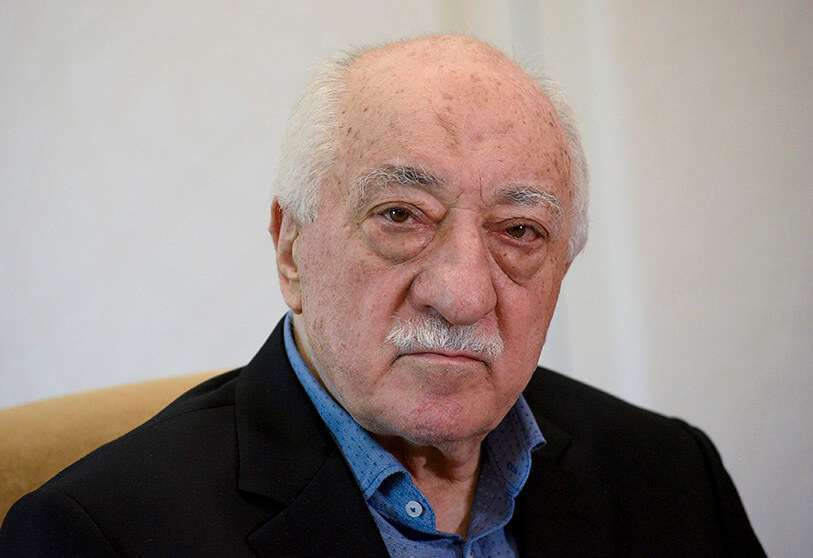Turkey and France: more than a bilateral crisis
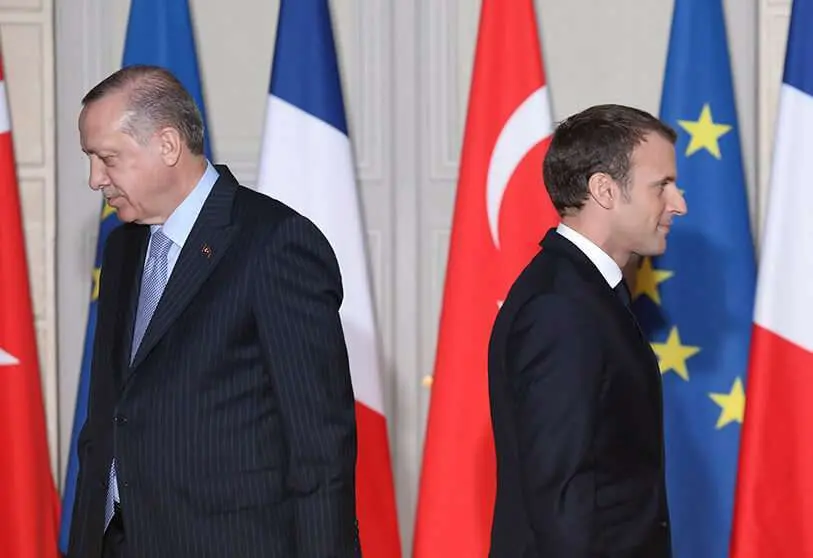
At the end of October, Turkish President Recep Tayyip Erdogan questioned the mental health of French President Emmanuel Macron. Such a response came shortly after the controversy in the Arab world (with Turkey at the head) against the cartoons of Mohammed in the French press. Erdogan's reaction is understandable if we consider the tensions that have set France and Turkey against each other in Libya and the western Mediterranean where Paris and Ankara are in opposite camps, and the growing Turkish influence on the Islamic communities of Europe.
Despite this, it is curious that Turkey, traditionally a far more western than eastern country (because of its NATO membership, its different culture and language), has in recent years taken a turn towards the east, becoming a staunch defender of the Palestinian cause and denouncing the "oppression" of Muslim communities on the outskirts of the Union's countries (Germany, Belgium and France), especially considering that not long ago Ankara aspired to join the European Union. When did the situation start to deteriorate?
The refugee crisis in 2015 and 2016 marks the starting point. Turkey indirectly became the refugee's buffer towards the Union, a task that Ankara was not willing to do for free. In order to express its uneasiness, Turkey adopted an open-door policy by tightening the relations with Brussels. In March 2016, an agreement was reached, making Ankara the Union's Watchdog. In return, it would receive $6 billion a month from Brussels and more visa facilities. However, Ankara accused the Union of not doing its part, even though, thanks to the agreement, the so-called Eastern migration route was closed.
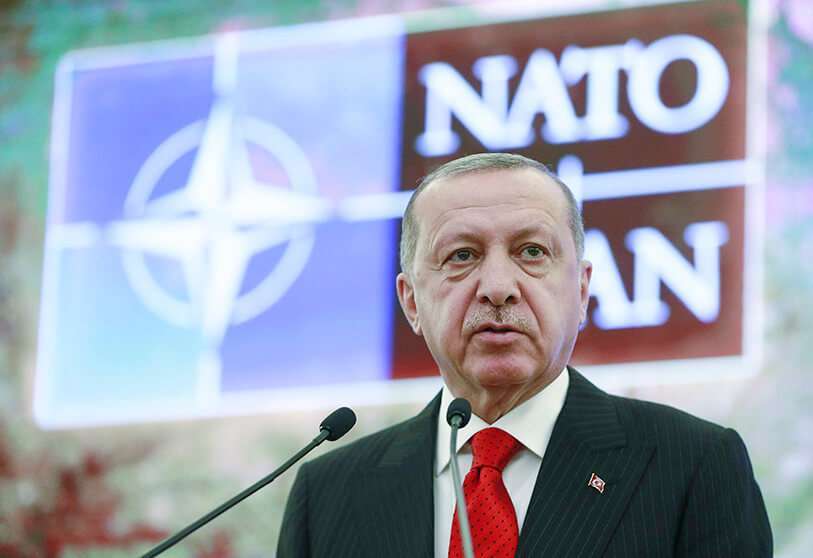
The failed 'putsch' against Erdogan in July 2016 accelerated - irreversibly - the degradation of the relationship. The repression that followed and the accusations made by Erdogan against exiled opposition figures in the West (such as the preacher Fethullah Gülen in the United States) were criticised in Europe. In France, Erdogan's reliability as an ally of Europe began to be questioned.
But it is Le Point magazine that has raised the most anger in Ankara. This publication has been dedicating articles, covers and dossiers to the repression in Turkey, Turkey's actions in Syria against the Kurds, the influence of Turkey-led Islamism in France and the pro-Turkish networks in Europe for a long time. The tone of this magazine (where Erdogan is described as a dictator and genocide) led the Turkish ambassador in France to write a letter of protest against the magazine in 2018 for its May 24 edition of that year, where Erdogan was described as a dictator.
Such criticism has gone together with the increasing degradation of the relations between France and Turkey (and by extension with the Union) since the failed putsch in 2016. A year after the putsch, a constitutional reform was adopted reinforcing Erdogan's powers, alarming the Union, which criticised the reform and possible restoration of the death penalty.
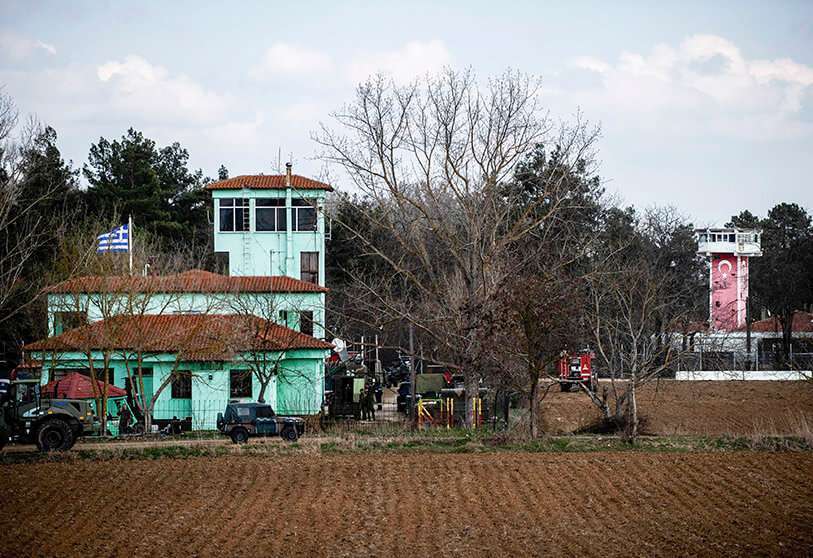
A large part of Erdogan's victory in the referendum was due to the vote of the Turkish diaspora in Europe-traditionally associated with Germany-but also present in France, Belgium and the Netherlands. The evolution that this diaspora (now in its third generation) has witnessed in its integration into Europe (particularly in France) has become a point of friction in relations between Paris and Ankara.
For Sinan Ülgen, president of the think-tank Centre for Economics and Foreign Policy Studies in Istanbul: "Nationalist and conservative sentiment is often very pronounced in the diasporas. It is the same in the Turkish diaspora".In France, such sentiment, especially the religious revival, has raised alarm in a country with a serious problem of integration of immigrants of Muslim origin and a strong defence of secularism in the public sphere, especially in education. The return of the veil, a nationalist discourse with overtones of the Ottoman past and allegations of the teaching of Islamist nationalism in schools financed by Turkey have set alarm bells ringing in France to the risk that the third generation of the Turkish diaspora is becoming more radical in its hostility to the West.
In fact, in Europe, Erdogan's AKP party, through political parties such as PEJ in France (Party for Equality and Justice by its French acronym) and cultural organisations such as Osmanen Germania -the influential Turkish ultra-nationalist motorcycle club in Germany and Switzerland- are in charge of intimidating their fellow citizens who do not agree with Erdogan and the Kurds. The implications of the actions of these pro-Turkish networks in Europe feed a vicious circle of accusations of Islamisation on the one hand and Islamophobia on the other, which poison the relations between Turkey and the European Union, because the countries where Erdogan's networks are strongest are those with the most weight in the Union's policy (France and Germany).

These shortcomings in Turkish-European relations are fuelled by the conflicts both sides are experiencing in foreign policy. In Libya, Macron and Erdogan support opposing camps, reaching the extreme of confrontation this summer when a Turkish ship lit up a French ship (this is equivalent to gunning) that was monitoring the arms embargo in the conflict. In Syria, Ankara's invasion of the north of the country in autumn 2019 aroused Europe's disapproval, particularly when Turkey was accused of practising ethnic cleansing in an area populated mainly by Kurds, terrorists for Ankara but allies of the West in its fight against Daesh. Ankara accuses Europe of not seeing its operation as a fight against Islamic terrorism rather than ethnic cleansing.
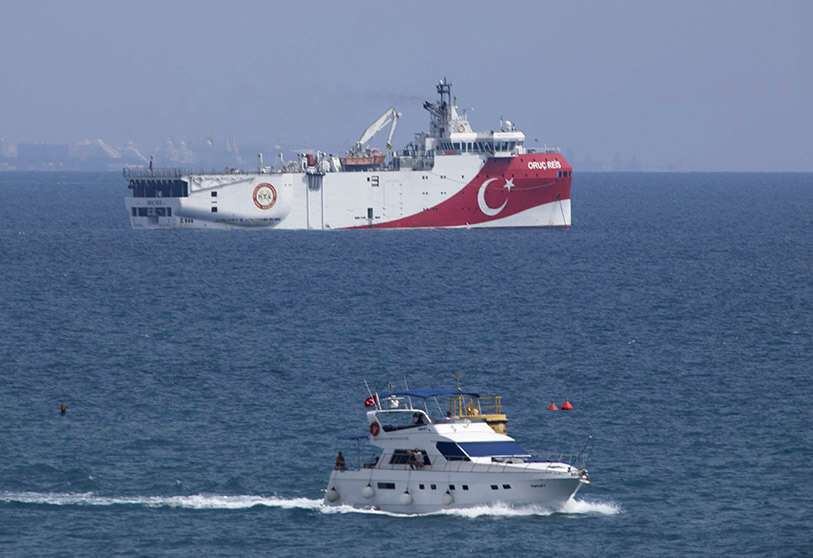
Finally, in the Mediterranean, Turkey's ambitions to extract gas from Cypriot and Greek waters have angered the Union. Turkey, which has occupied the north of the island since its invasion in 1974, attempted to exploit gas in fields near Cyprus. Brussels, headed by France, has positioned itself on the Greek and Cypriot sides, angering Ankara, which considers that northern Cypriots should have access to the gas. It is important to stress that the north of Cyprus is only recognised by Turkey, and the opposite positions on this issue are increasing tension between Turkey and France.
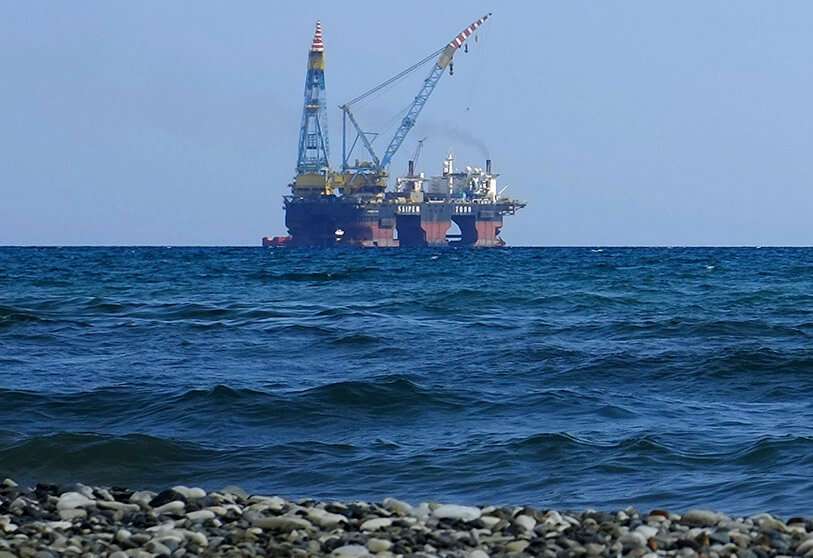
We can therefore see how the poor relationship between Turkey and France is due to a mixture of domestic concerns about Turkey's influence on the Islamisation of European Muslim communities (especially in France) and divergences in the refugee crisis and reactions to the coup d'état in 2015 and 2016. This tension has increased in recent years on the geopolitical chessboard, where both sides have supported opposing sides in Libya, Syria and the eastern Mediterranean. As a result, relations between the two sides are at a very low point, from which they will probably not emerge for many years.
